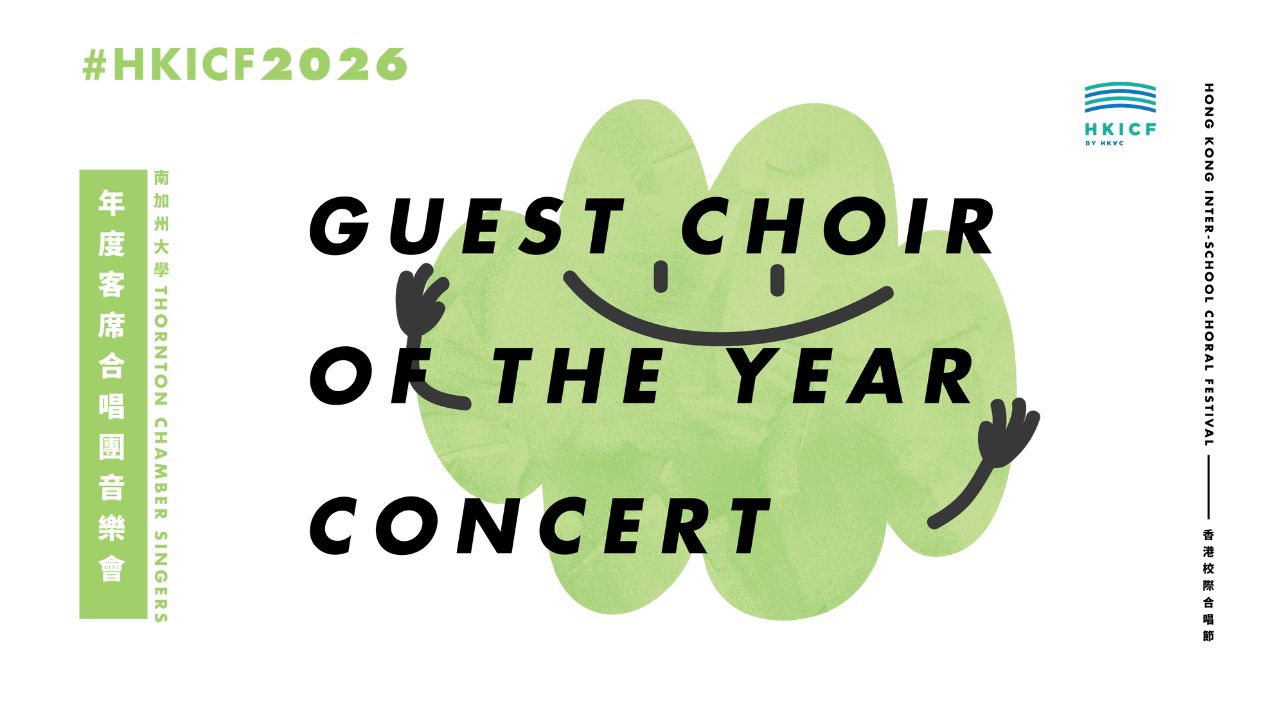What type of role does one think of upon hearing the term “choral leadership”? In the 15th century, the role of the conductor was solely to maintain an audible beat for performers. Later on, 19th century composer-conductors assumed full control over performance and brought to their work a single-minded creative viewpoint. But nowadays, the role of the conductor involves many aspects, such as musical interpretation, conducting technique, rehearsal planning, vocal pedagogy and motivation. A choral leader is responsible for shaping the musical vision and sound of the choir, as well as creating a positive and productive learning environment for the singers.
Professor Thomas Caplin, a renowned professor, choral conductor and composer hailing from Norway, is not only recognised for his multiple talents but also for his authorship of the book “The Learning Conductor”. The book delves into the psychological and pedagogical dimensions of choral leadership, as well as the intriguing intersection between classical and rhythmic choral leadership. Prof. Caplin passionately supports the idea of conductors continually reassessing their conducting methodologies.
In light of this, Prof. Caplin has been invited to guide our participants in an immensely inspiring and perspective-altering workshop that focuses on the process of building a great choir. Participants will be introduced to the “IGP learning methods”, which stand for Individual Learning, Group Learning, and Plenary Learning. These methods are designed to provide a holistic and effective learning experience for choirs, as they allow singers to learn independently, in small groups, and in large ensembles. Participants will also learn about the concepts of “choir democracy” and “creative involvement”, which emphasise the value and contribution of every voice in the choir, and encourage singers to participate actively in the creative process. Through this workshop, participants will discover the transformative power of choral music, as they build connections with each other and with the audience.


